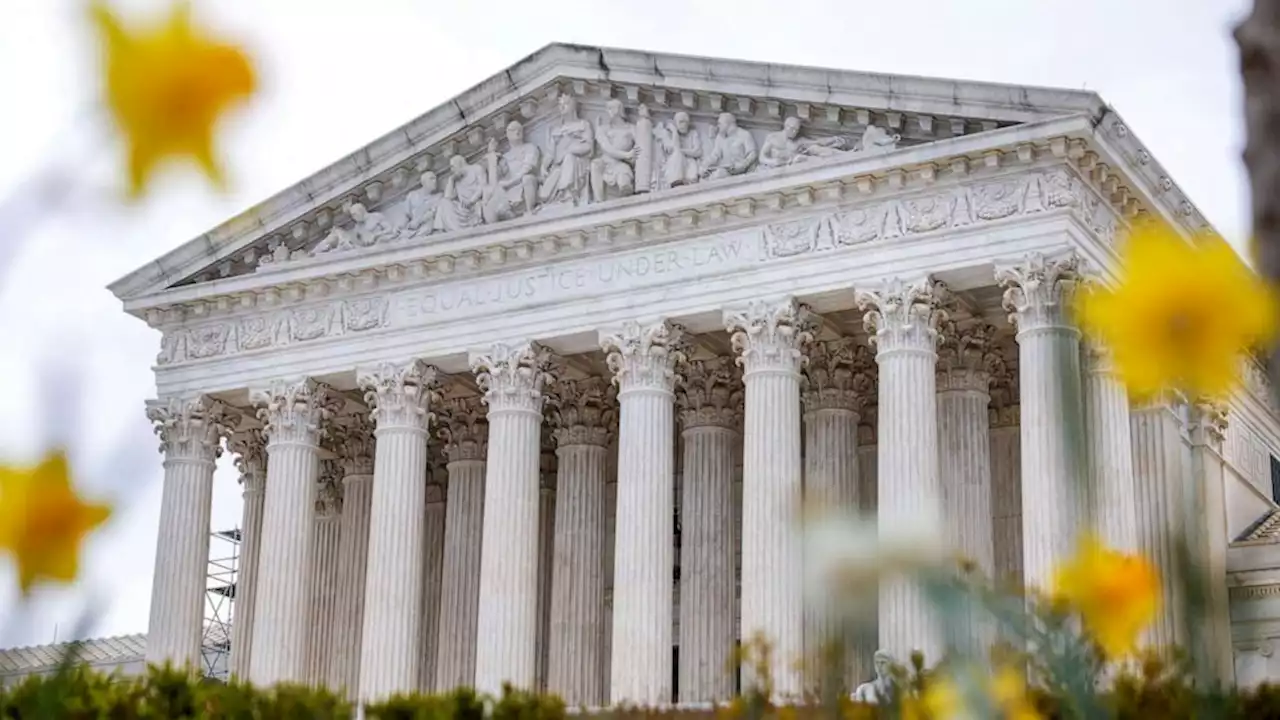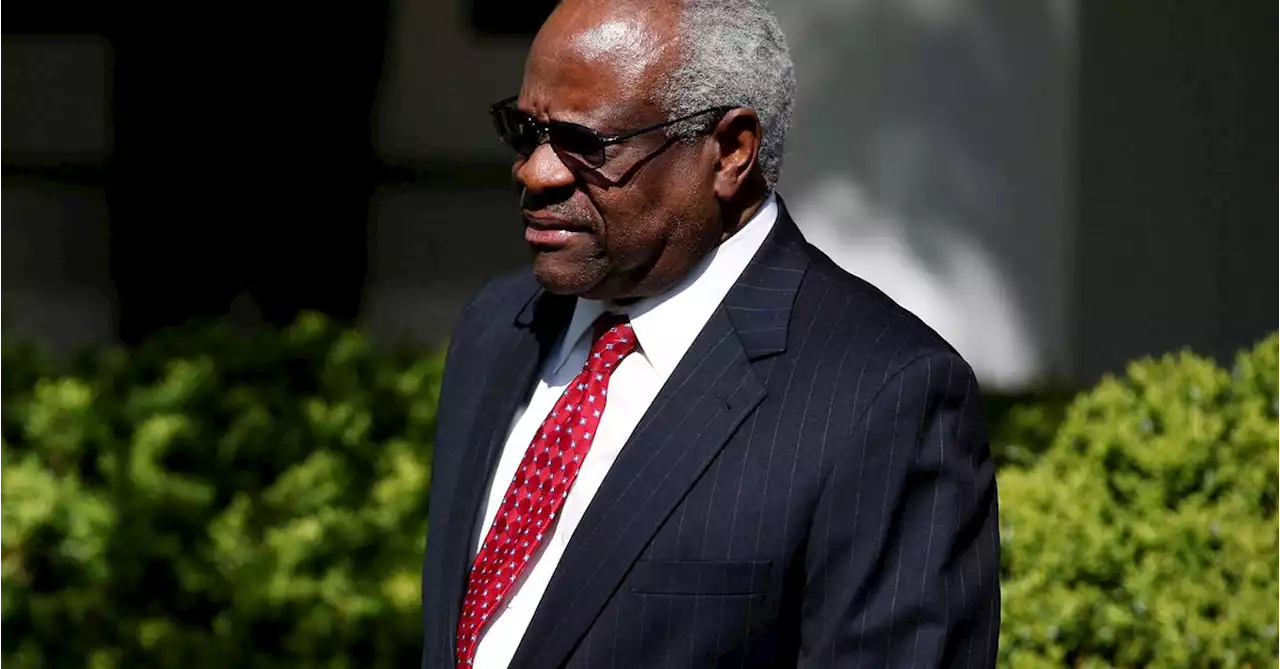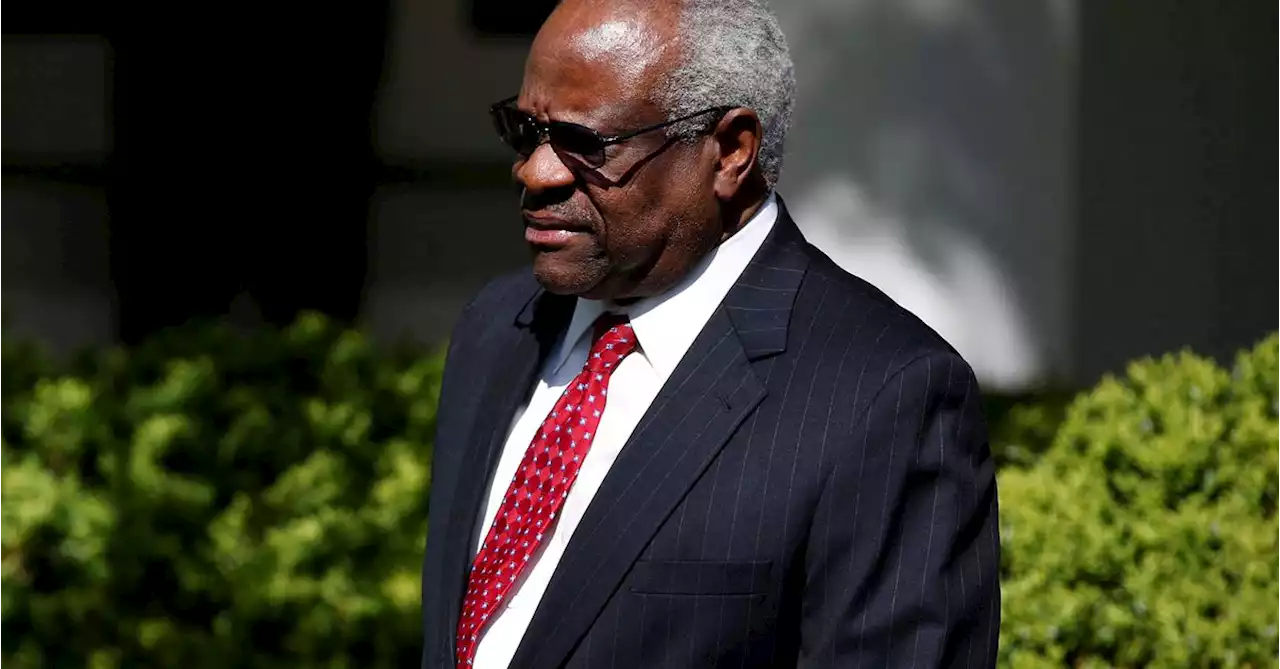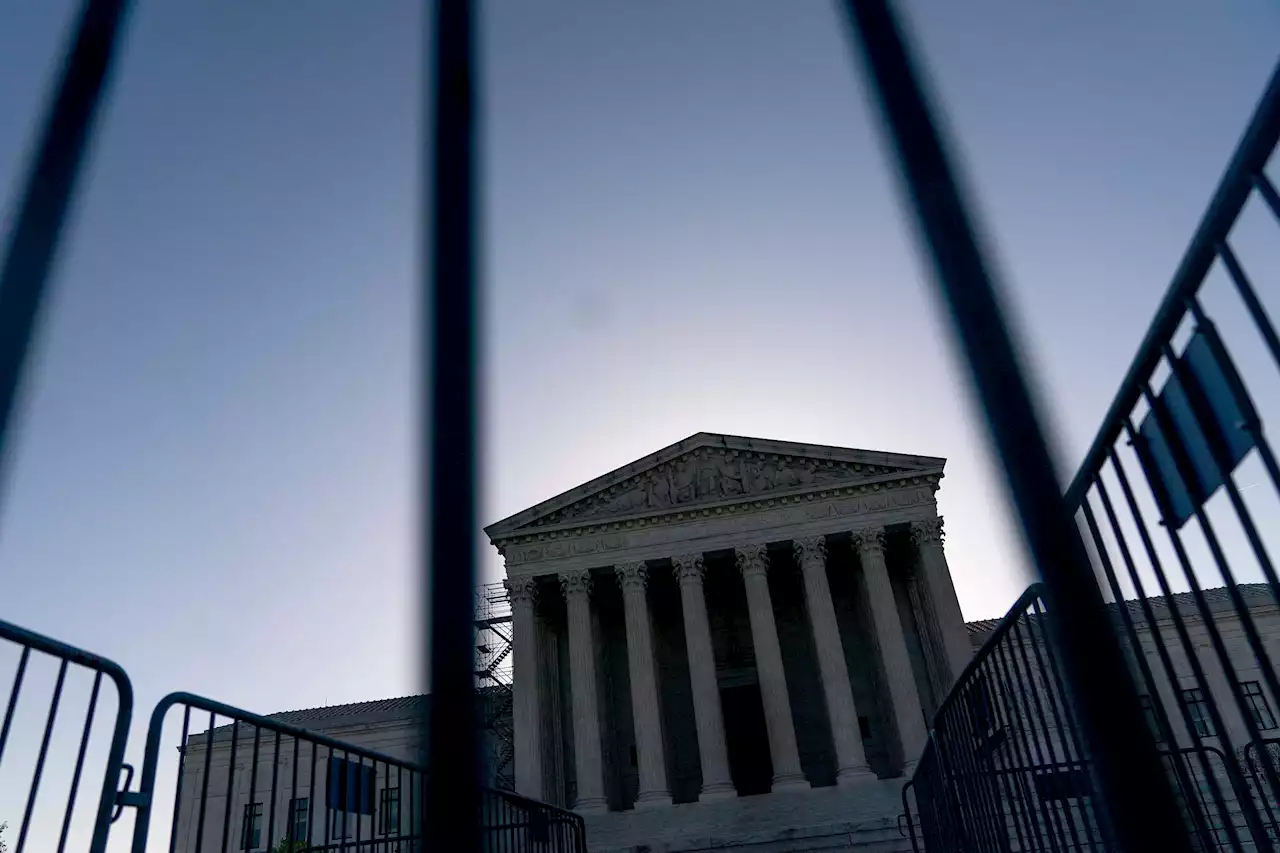A new book unfurls the story of New York Times v. Sullivan, a 1964 Supreme Court decision that made it harder to win defamation suits against the media, and reminds readers that the triumph of press freedom was an outgrowth of the civil-rights struggle.
In the early years of our country, public men who felt maligned could end up killing over it. The duel that resulted in Alexander Hamilton’s death was prompted by a letter, in the Albany, by someone claiming that Hamilton had called Aaron Burr “a dangerous man, and one who ought not to be trusted with the reins of the government,” and had expressed a “still more despicable opinion” .
When the case arose, it was relatively easy to sue the media for defamation. In most states, libel law was weighted heavily against newspapers, even in circumstances where the falsehood was an honest mistake or merely an exaggerated opinion. Henry Ford won a libel claim against the Chicagoafter it called him an “ignorant idealist” and an “anarchist”; Theodore Roosevelt prevailed against a newspaper from Ishpeming, Michigan, that maintained, “He gets drunk . . . not infrequently.
Around this time, Justice Hugo Black, who was from Alabama and had once joined the Ku Klux Klan but was now among the Court’s most liberal Justices, gave a surprising speech about libel and the First Amendment. Employing a formalist, literalist, even absolutist approach to the Constitution, he read the First Amendment as reflecting the Framers’ intent to rid the United States of defamation law; false and reputation-damaging statements were constitutionally protected.
The press tends to take for granted that New York Times v. Sullivan is necessary for democracy. But is it? On the one hand, Sullivan still allows deep-pocketed litigants to target truthtellers who lack assets, tying them up in procedural hurdles that effectively chill speech.
It’s not just conservative Justices who have raised such doubts. When Elena Kagan was a law professor in the nineteen-nineties, she wrote a review of Lewis’s “Make No Law” in which she wondered whether the Sullivan doctrine had been extended too far.
Australia Latest News, Australia Headlines
Similar News:You can also read news stories similar to this one that we have collected from other news sources.
 More say politics, not the law, drive Supreme Court decisions: POLLMonths after the U.S. Supreme Court overturned the constitutional right to an abortion, two-thirds of Americans continue to oppose its decision -- and 51% now think its justices base their rulings mainly on their personal political opinions, not the law.
More say politics, not the law, drive Supreme Court decisions: POLLMonths after the U.S. Supreme Court overturned the constitutional right to an abortion, two-thirds of Americans continue to oppose its decision -- and 51% now think its justices base their rulings mainly on their personal political opinions, not the law.
Read more »
 Landlords Want the Supreme Court to Kill Rent StabilizationTheir petition is the culmination of a four-year battle against tenant protections.
Landlords Want the Supreme Court to Kill Rent StabilizationTheir petition is the culmination of a four-year battle against tenant protections.
Read more »
Editorial: Supreme Court scandals rock trust of a nationOf all our government institutions, the Supreme Court may be the most sacrosanct, the very embodiment of honesty and objectivity. It isn’t.
Read more »
 Senators asks billionaire for list of gifts to Supreme Court Justice ThomasThe Senate Judiciary Committee has asked Texas billionaire Harlan Crow to detail gifts he or his companies have made to U.S. Supreme Court Justice Clarence Thomas, the panel said on Tuesday.
Senators asks billionaire for list of gifts to Supreme Court Justice ThomasThe Senate Judiciary Committee has asked Texas billionaire Harlan Crow to detail gifts he or his companies have made to U.S. Supreme Court Justice Clarence Thomas, the panel said on Tuesday.
Read more »
 Senators ask billionaire for list of gifts to Supreme Court Justice ThomasThe Senate Judiciary Committee has asked Texas billionaire Harlan Crow to detail gifts he or his companies have made to U.S. Supreme Court Justice Clarence Thomas, the panel said on Tuesday.
Senators ask billionaire for list of gifts to Supreme Court Justice ThomasThe Senate Judiciary Committee has asked Texas billionaire Harlan Crow to detail gifts he or his companies have made to U.S. Supreme Court Justice Clarence Thomas, the panel said on Tuesday.
Read more »
 Study: Without Reforms, Conservative Justices Will Run Supreme Court Until 2065If current trends continue, the liberal bloc of justices on the U.S. Supreme Court will remain in the minority until at least 2065, barring any immediate reforms.
Study: Without Reforms, Conservative Justices Will Run Supreme Court Until 2065If current trends continue, the liberal bloc of justices on the U.S. Supreme Court will remain in the minority until at least 2065, barring any immediate reforms.
Read more »
